- Fashion
- 0 likes
- 2223 views
- 0 comments
How do toys influence a child's development?
Memories of simple childhood pleasures, such as playing in puddles, mud or with sticks, are full of nostalgia for many. Children naturally enjoy the creative use of available materials, but bringing home dirt and different objects may not be very practical. Fortunately, there are now numerous clean and easy-to-use alternatives available that effectively support the development of a child's creativity.
Puzzles as an ideal substitute for television.
Jigsaw puzzles, long valued in children's development, are available in a wide range of versions, from simple puzzles for the youngest with just a few pieces to more complex sets with thousands of pieces. They are an excellent tool for developing children's concentration, patience and attention skills. In addition, the manipulation of small puzzle pieces supports the development of fine motor skills, crucial for later skills such as writing. Jigsaw puzzles also help develop the ability to recognise different shapes and process tactile stimuli.
Puzzles can also serve as an ideal substitute for television. Unlike passively watching programmes, jigsaw puzzles activate a child's mind, requiring them to engage, plan and problem-solve. Not only is this form of play more educational, but it also promotes greater interaction between parents and children, which can be difficult to achieve when watching TV together. Puzzles provide a healthy alternative to screens, encouraging creative thinking and developing social skills through shared play and conversation.
Creative items for children
Art masses, colouring books and other creative items are the modern equivalent of backyard mud, offering children an equally engaging but cleaner form of play. Children enjoy engaging in moulding, cutting and sculpting in these soft materials, which is not only fun but also educational. Playing with plastic masses develops a child's imagination and also supports learning in various areas such as mathematics. Simple activities such as dividing the mass into parts and counting them can help them understand basic mathematical concepts and develop spatial thinking skills. This form of creative play is therefore not only fun, but also an important tool in the all-round development of children.
Magnetic blocks - the perfect creative toy for every child.
Magnetic blocks are another toy that evolves with a child's growing skills. Their versatility allows them to develop spatial imagination, planning skills and logical thinking.
Musical instruments as support for children's motor development
Musical instruments, both traditional and modern interactive ones, play an important role in children's motor development. In addition to stimulating intelligence, memory and manual skills, musical instruments contribute to the development of coordination and precision of movement. Children learn to control their movements by matching them to rhythm and tonality, which is a key element of motor development.
Interactive musical toys, such as electronic orchestras, instruments with a recording function or even simple percussion instruments, offer children the opportunity to experiment with sound and rhythm. Such activity not only strengthens manual skills, but also develops emotional expression and helps them learn to appreciate the arts. Performing in front of family or friends is also a great opportunity to break down barriers and build confidence.
Introducing children to the world of music through musical instruments is therefore not only a source of joy, but also an important part of all-round development, supporting both motor and emotional aspects.
It is important to allow children the freedom to experiment and explore their own interests without pressure to learn a specific instrument or other specific skills. A child's development is best achieved when they have the opportunity to explore different activities and interests in a relaxed, unforced atmosphere. By allowing children to choose for themselves what games they want to play, what puzzles to put together or what instruments to try, we give them the space to develop their individual talents and preferences.
This approach is also important in terms of developing a child's self-confidence and independence. When children make their own decisions about their interests, they also learn to take responsibility for these choices and the consequences associated with engaging in a particular activity. In this way, their unique identities and passions are formed, which can influence their future professional and personal lives.



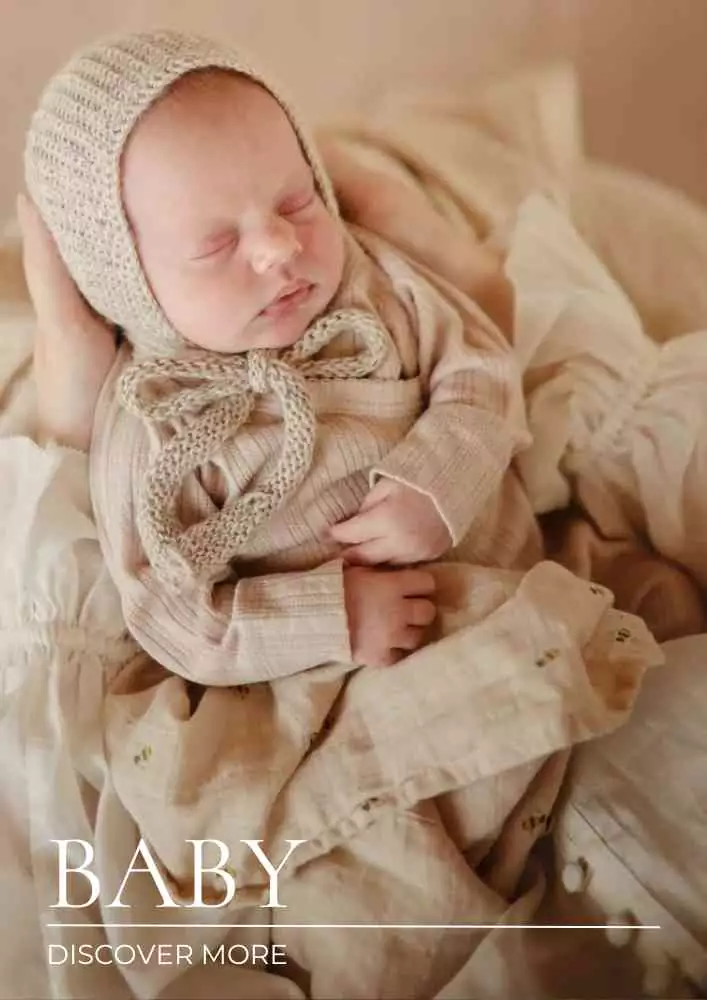
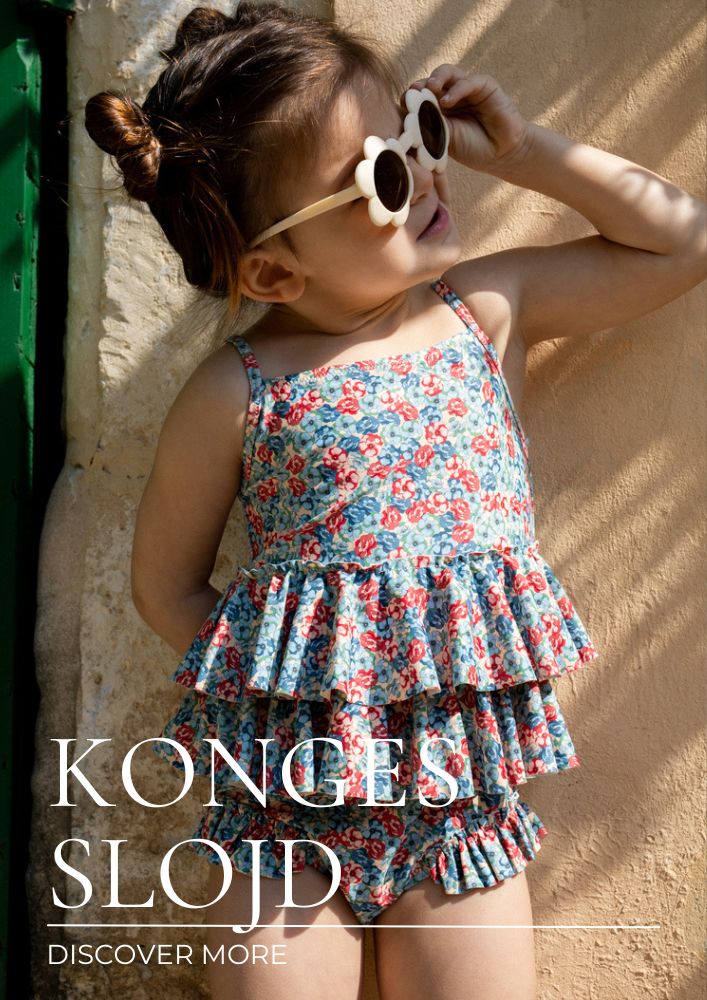

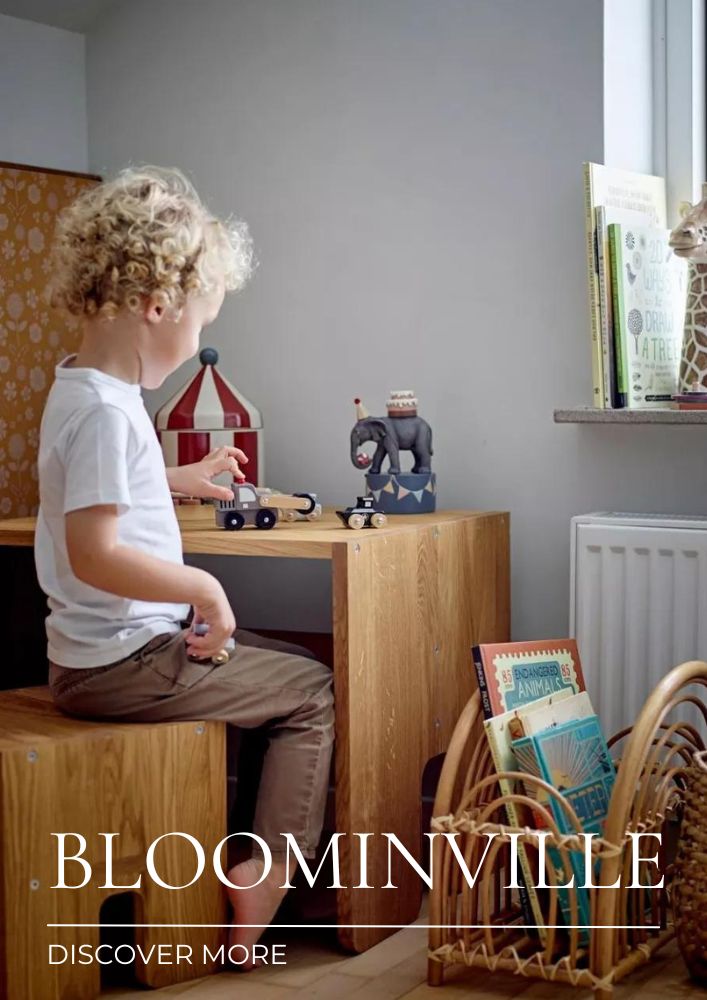



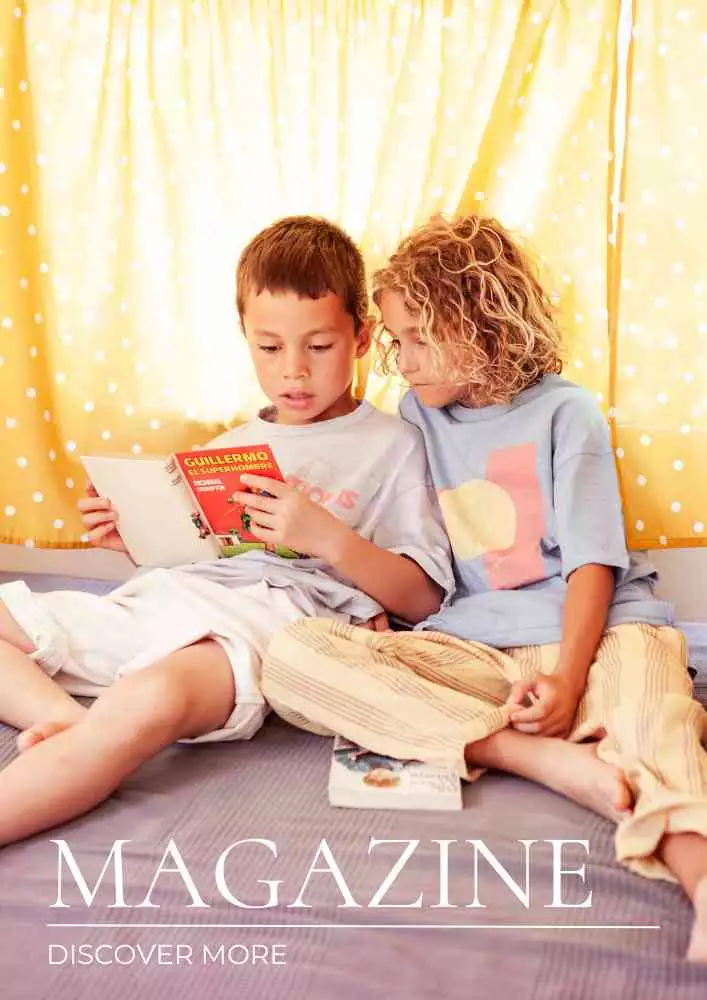
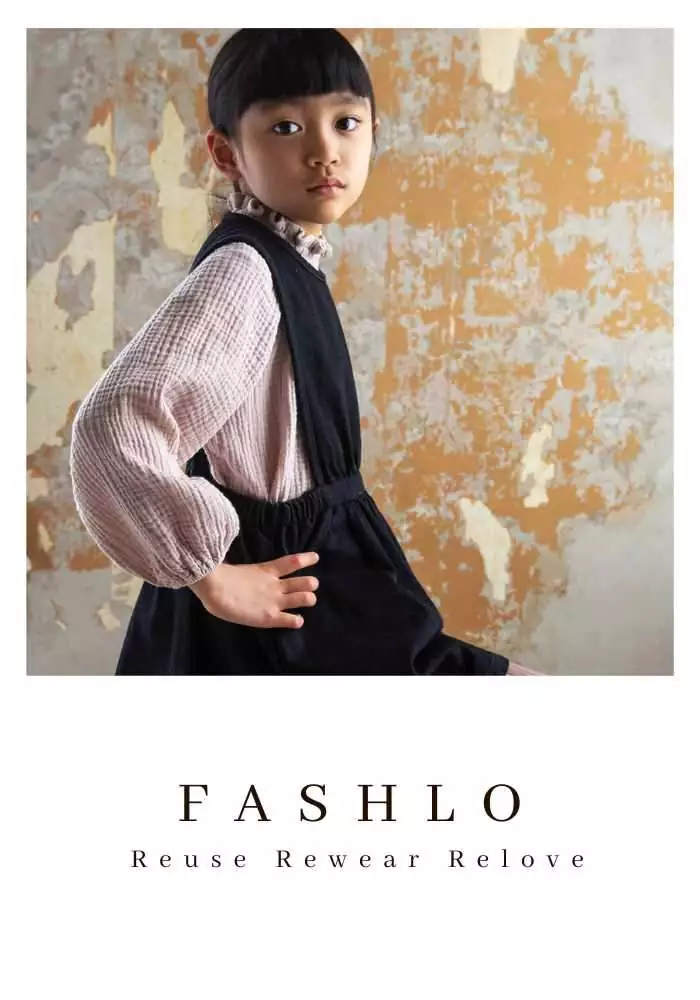
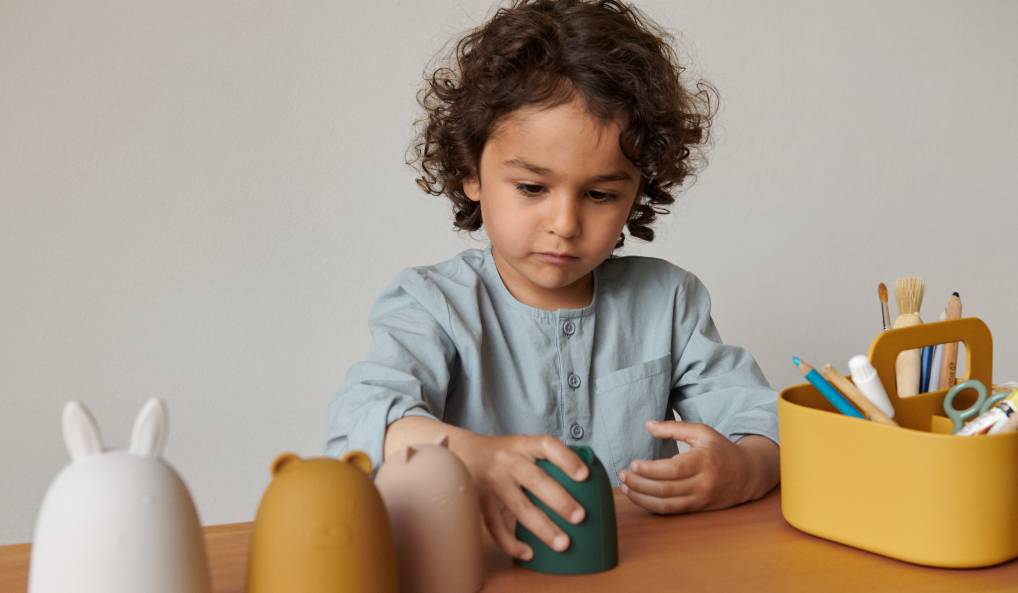
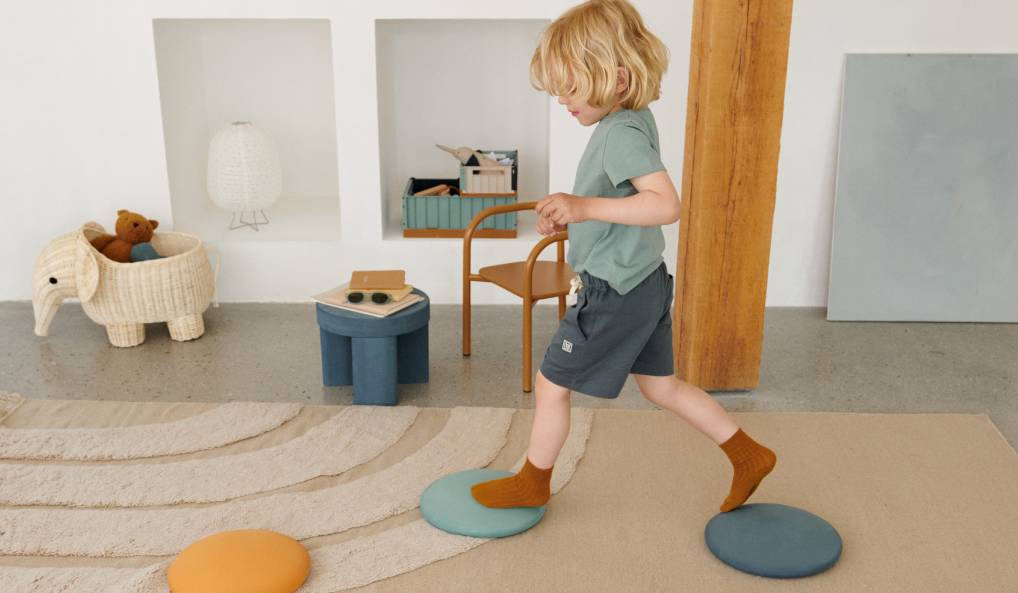
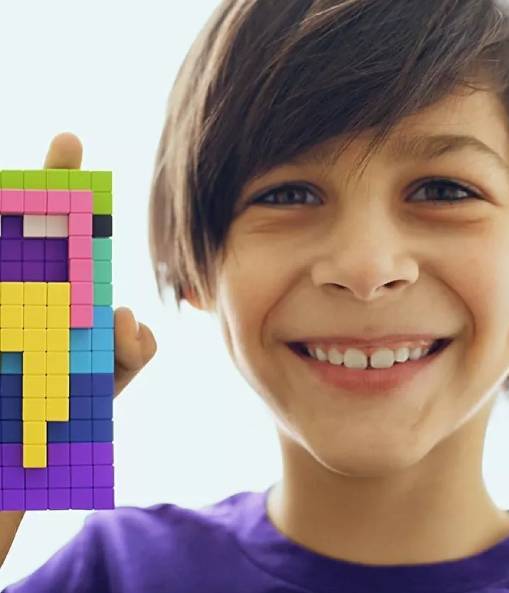
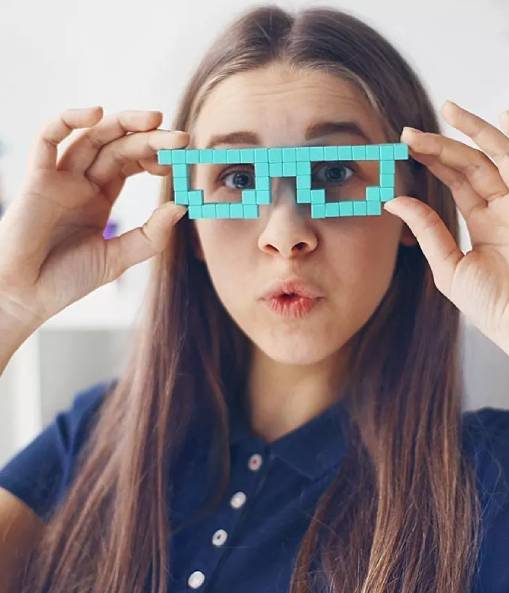
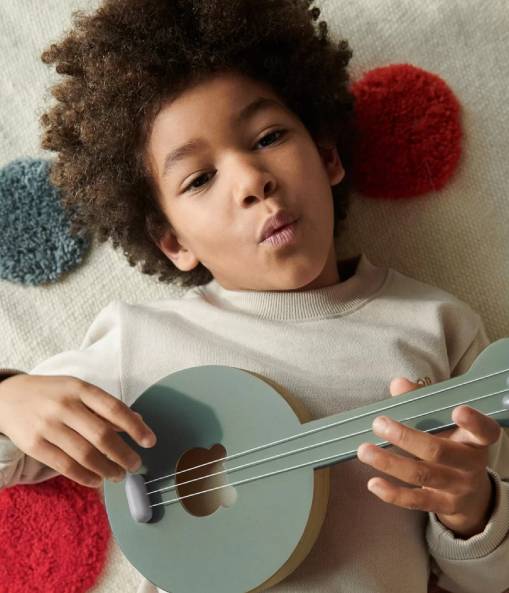
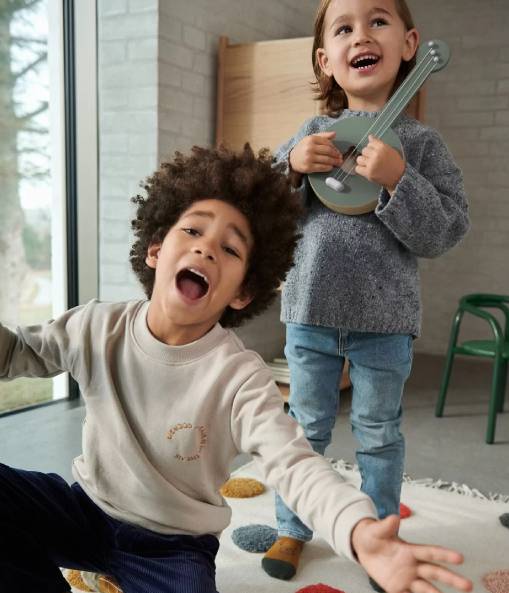

Comments (0)